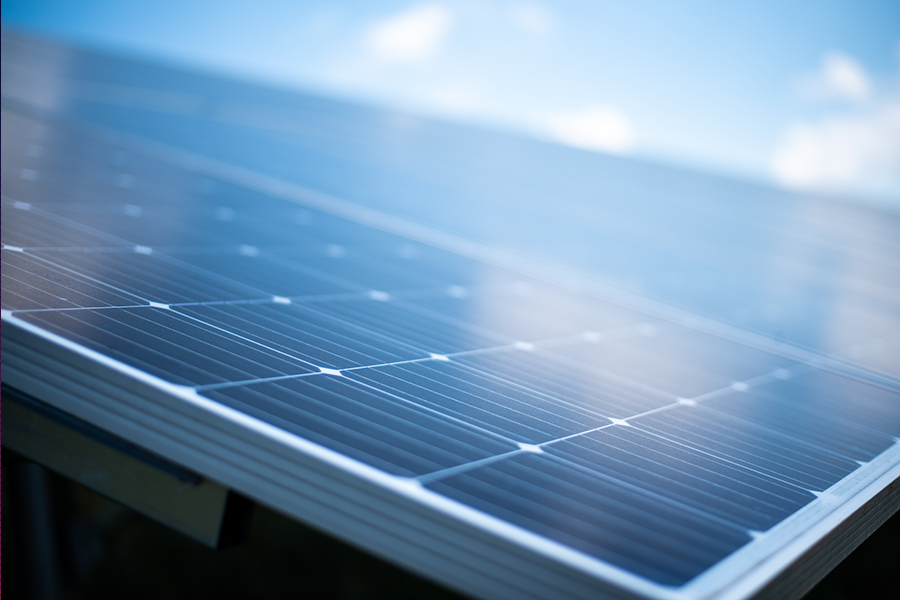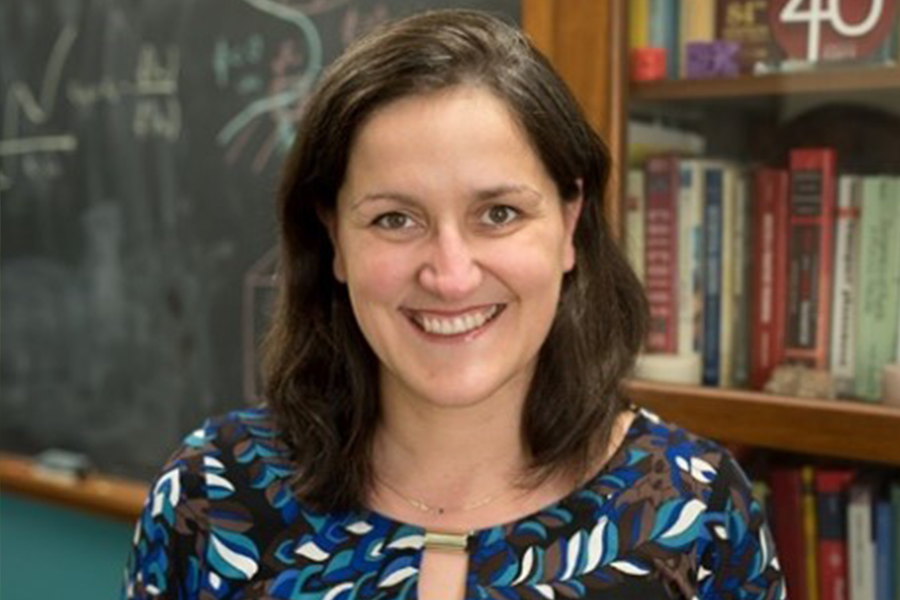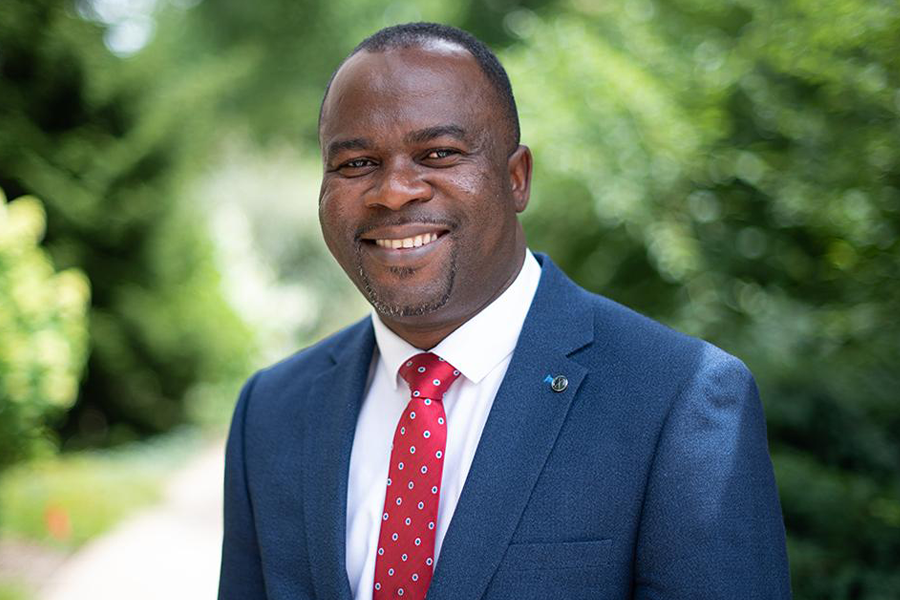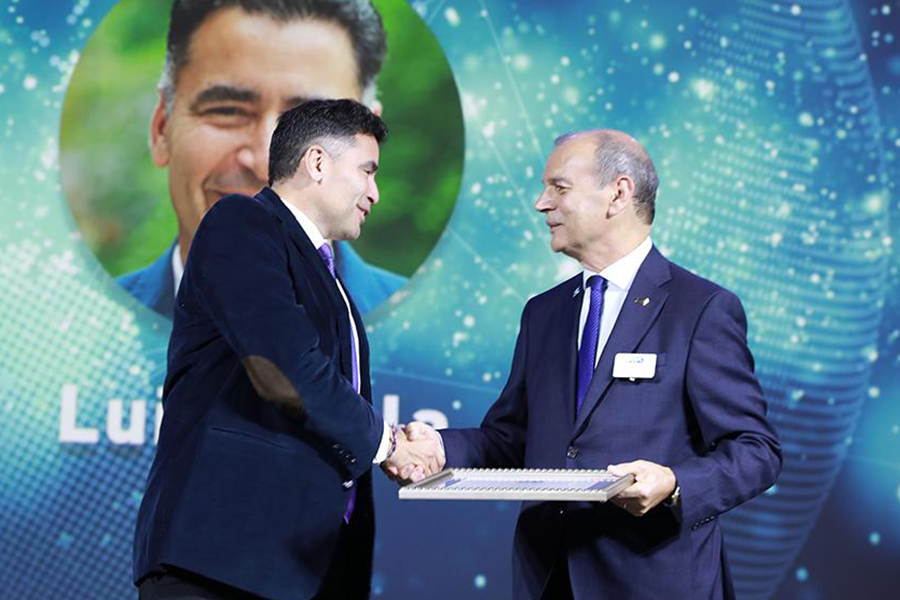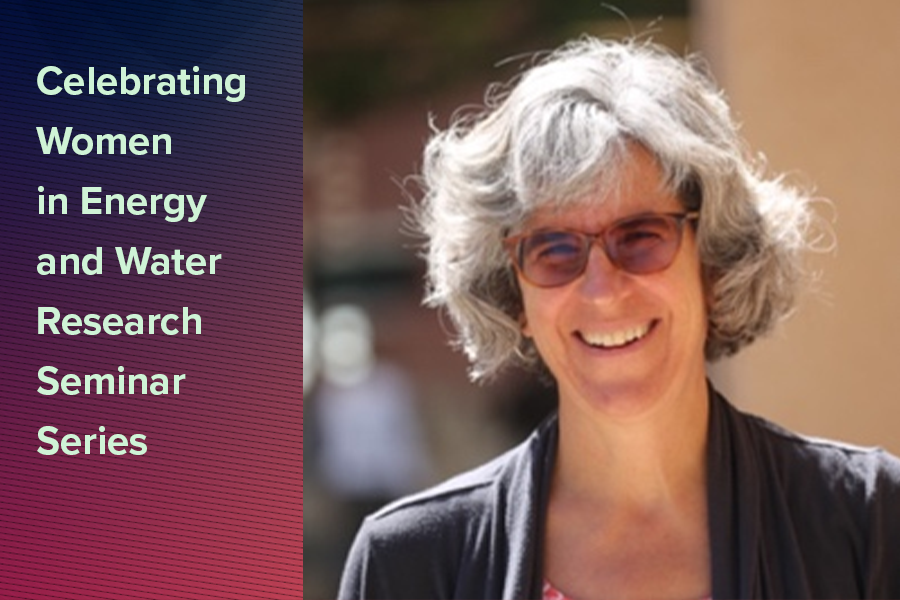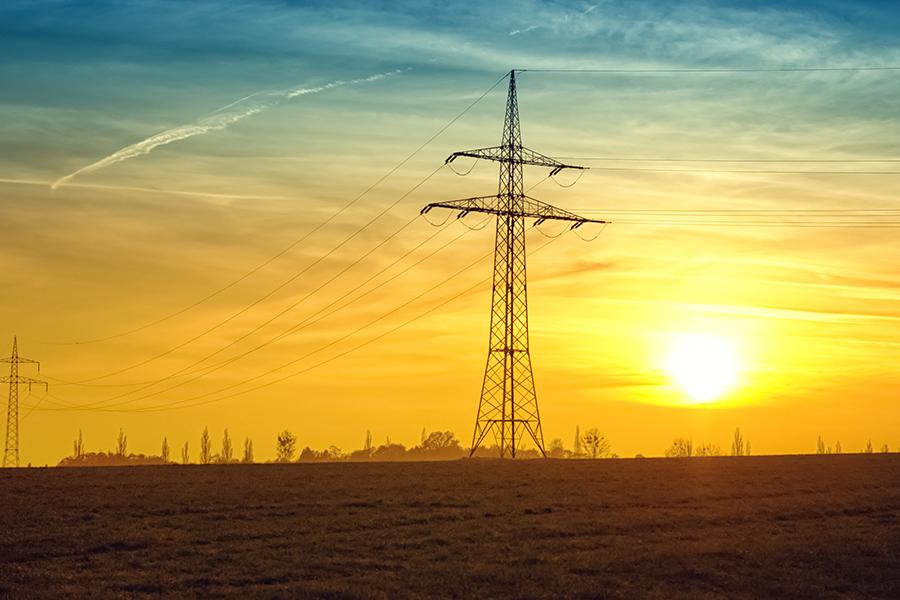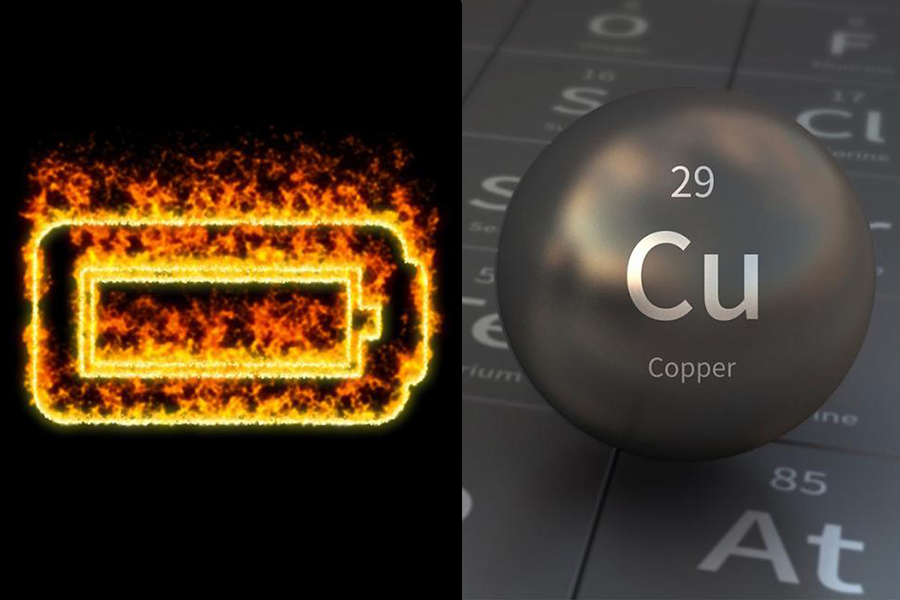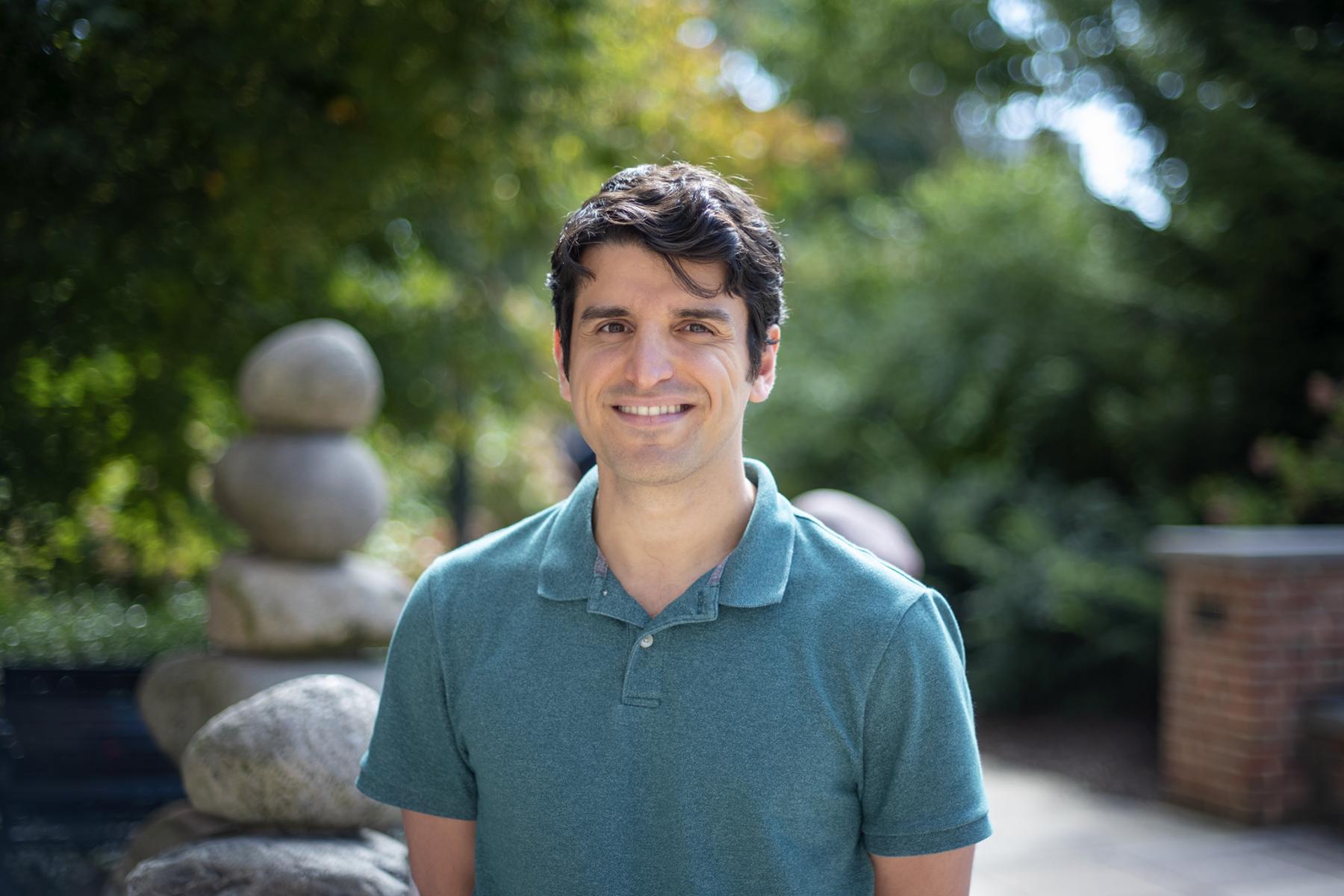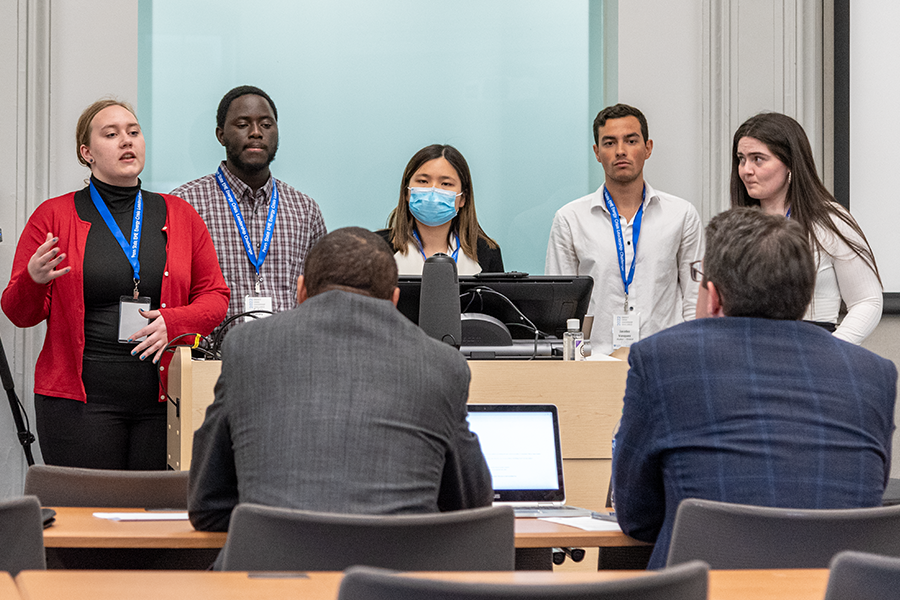The Penn State Center for Energy Law and Policy (CELP) and the Hamer Center for Community Design in the College of Arts and Architecture’s Stuckeman School are teaming up to host a one-hour webinar at 10:30 a.m. on Dec. 1 to address the substantial challenges that low-income individuals in Pennsylvania face in accessing energy efficiency programs.
The second annual Penn State Solar Law Symposium will be held via webinar from noon to 4:30 p.m. on Nov. 16. The event, co-sponsored by Penn State Extension and Penn State’s Center for Energy Law and Policy, is designed for those with beginning and intermediate levels of knowledge.
The Fall 2022 Celebrating Women in Energy and Water Research seminar series continues on Thursday, Nov. 3 with two seminars by Maša Prodanović, Frank W. Jessen Professor in Petroleum Engineering at the University of Texas at Austin. The free seminars are open to Penn State faculty, staff, graduate and undergraduate students.
Nelson Dzade, assistant professor of energy and mineral engineering at Penn State, will provide a snapshot of the status and future direction of the field of computational materials science, and will illustrate developments from his most recent work in using first-principles calculations to unravel the microscopic fabric of surface and interfacial phenomena in thin-film solar cells.
Luis Ayala, professor of petroleum and natural gas engineering and holder of the William A. Fustos Family Professor in Energy and Mineral Engineering at Penn State, has been honored as a distinguished member by the Society of Petroleum Engineers.
The fall 2022 Celebrating Women in Energy and Water Research seminar series continues on Thursday, Oct. 13, with two seminars by Susan Altman, deputy to the Energy and Homeland Security Portfolio at Sandia National Laboratories, a Department of Energy national lab. The free seminars are open to Penn State faculty, staff, graduate and undergraduate students.
Penn State researchers have developed a model that demonstrates the value of flexible investment strategies when designing the many pathways needed to meet the emissions reduction goals outlined in the Paris Agreement.
Thermally regenerative ammonia batteries can produce electricity on demand from low-grade waste heat. A new process for creating these batteries improves their stability and affordability and may help address the country’s growing grid-scale energy storage problem, according to a team led by Penn State researchers.Thermally regenerative ammonia batteries can produce electricity on demand from low-grade waste heat. A new process for creating these batteries improves their stability and affordability and may help address the country’s growing grid-scale energy storage problem, according to a team led by Penn State researchers.
Yashar Mehmani, assistant professor in the John and Willie Leone Family Department of Energy and Mineral Engineering, received a $629,000 Faculty Early Career Development Program (CAREER) Award from the National Science Foundation (NSF) to pursue an integrated modeling, experimental and educational plan to improve the basic understanding of failures in porous materials and develop a more accurate computational framework to predict them.
Student teams assumed the role of company leaders of a fictitious company as part of the Energy Crisis Leadership Challenge, a project designed to emulate the decision-making and stress of an unfolding crisis and force students to manage contradictory objectives from diverse stakeholders.



